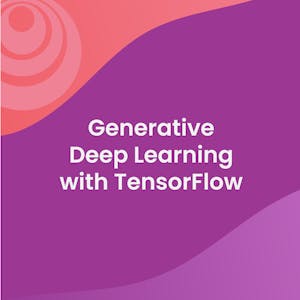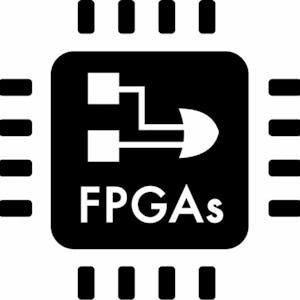Plant Bioinformatic Methods
About this Specialization
The past 15 years have been exciting ones in plant biology. Hundreds of plant genomes have been sequenced, RNA-seq has enabled transcriptome-wide expression profiling, and a proliferation of \"-seq\"-based methods has permitted protein-protein and protein-DNA interactions to be determined cheaply and in a high-throughput manner. These data sets in turn allow us to generate hypotheses at the click of a mouse or tap of a finger.The Plant Bioinformatics Specialization on Coursera introduces core bioinformatic competencies and resources, such as NCBI\'s Genbank, Blast, multiple sequence alignments, phylogenetics in Bioinformatic Methods I, followed by protein-protein interaction, structural bioinformatics and RNA-seq analysis in Bioinformatic Methods II. In Plant Bioinformatics we cover 33 plant-specific online tools from genome browsers to transcriptomic data mining to promoter/network analyses and others. Last, a Plant Bioinformatics Capstone uses these tools to hypothesize a biological role for a gene of unknown function, summarized in a written lab report.This specialization is useful to any modern plant molecular biologist wanting to get a feeling for the incredible scope of data available to researchers. A small amount of R programming is introduced in Bioinformatic Methods II, but most of the tools are web applications. It is recommended that you have access to a laptop or desktop computer for running these as they may not work as mobile applications on your phone or tablet.Created by: University of Toronto

Related Online Courses
In this course, you will: a) Learn neural style transfer using transfer learning: extract the content of an image (eg. swan), and the style of a painting (eg. cubist or impressionist), and combine... more
Welcome to this course GenAI for Sales Managers: Boosting Sales with GenAI focuses on equipping sales professionals with the knowledge and tools to integrate Generative AI (GenAI) into everyday... more
This course will introduce you to all aspects of development of Soft Processors and Intellectual Property (IP) in FPGA design. You will learn the extent of Soft Processor types and capabilities,... more
This course helps to build the foundational material to use mathematics as a tool to model, understand, and interpret the world around us. This is done through studying functions, their properties,... more
Python is a popular choice for implementing AI and web security, prompting the QA industry to adopt it for test automation in AI projects. This course guides you in using Python and Selenium... more








